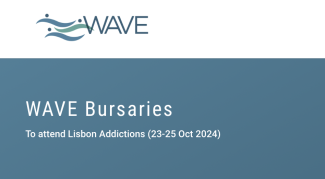Fellowship in the International Academy of Addictions Nursing
Mission & Purpose
The mission of the FIAAN Leadership Assembly is to promote the vision of IntNSA’s high standards of addiction nursing care by advancing and disseminating addiction science through evidence-based practice, education...




